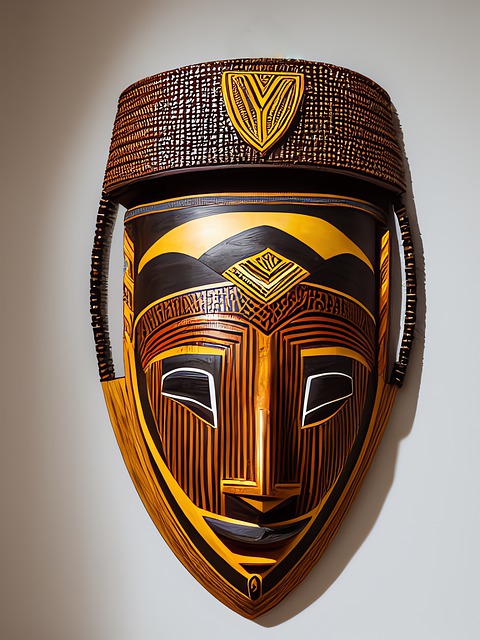Introduction: Africa is a continent famous for its breathtaking landscapes, diverse wildlife, and rich cultural heritage. With hundreds of distinct ethnic groups and languages, African culture is a tapestry woven with ancient traditions, vibrant music, colorful art, and fascinating rituals. In this blog post, we will dive into a journey through the diverse cultural landscape of Africa, exploring its traditions, customs, and the lasting impact it continues to have on the world.
Storytelling and Oral Tradition: One of the most significant aspects of African culture is its tradition of storytelling. For centuries, African societies have passed down their history, myths, values, and knowledge through the art of oral storytelling. Griots, the traditional keepers of history and oral literature, play a vital role in communities by preserving the collective memory of entire generations. Through storytelling, Africans transmit cultural customs, celebrate heroes, and pass down wisdom to future generations.
Music and Dance: The rhythm of Africa is truly in its soul. Known for its diverse musical styles and rhythmic beats, Africa has influenced music genres worldwide, such as jazz, blues, reggae, and hip-hop. From the stirring beats of West African drums to the melodic harmonies of South African choirs, music serves as a powerful means of expression and community bonding. African dances, often accompanied by vibrant costumes and intricate footwork, embody the spirit of celebration and communicate individual and collective identities.
Traditional Art and Crafts: African art is renowned worldwide for its striking aesthetics and innate connection to cultural heritage. Artistic expression takes many forms, ranging from intricate wood carvings to colorful masks and statues. Each piece often carries deep symbolism and tells stories of ancestry, spiritual beliefs, and the relationship between humans and nature. Traditional African crafts, such as basket weaving, pottery, and beadwork, are not only beautiful but also reflect the adaptation to local resources, climate, and the surrounding environment.
Cuisine and Culinary Traditions: African cuisine is a tapestry of flavors, colors, and spices. From the aromatic stews of North Africa to the fiery curries of West Africa, each region has its own unique blend of ingredients and cooking techniques. Staple foods like maize, millet, yam, and plantain form the basis of many traditional dishes. African cuisine values communal eating and celebrates food as a way to bond and share culture. Through dishes like injera in Ethiopia, jollof rice in West Africa, and bobotie in South Africa, traditional African food continues to assert its influence on global culinary trends.
Fashion and Adornment: The fashion industry has increasingly embraced African textiles, patterns, and designs, showcasing the intricate work of skilled African artisans. Traditional African fabrics like kente, Ankara, mudcloth, and shweshwe have gained popularity worldwide, reflecting the diversity and richness of African culture. African fashion not only celebrates heritage but also provides a platform for local designers to showcase their talent, creativity, and entrepreneurship.
